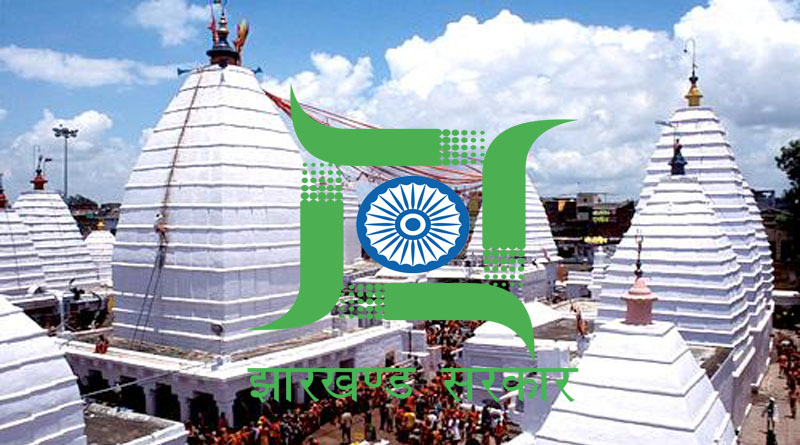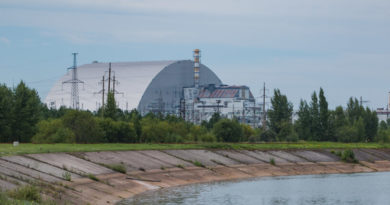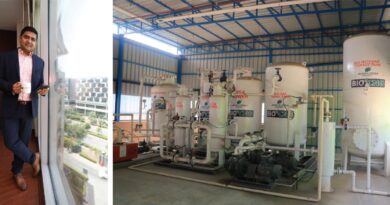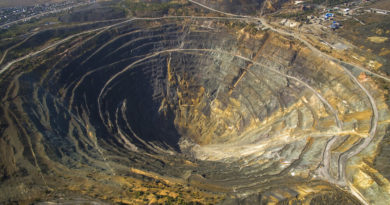Jharkhand’s pilgrim city seeks to become a plastic hub and model

Does the government intention of setting up a large-scale plastic park in one of the major holy destinations in India – Deoghar (in Jharkhand)- would amount to killing two birds with one stone? Prima facie, it may seem so. The union chemicals and fertilizer ministry has recently kick started a large-scale Rs 120 crore plastic park project in the city. The park, to be set on a land parcel of 150 acres, would be a cluster for all kinds of plastic related manufacturing and government is projecting it as a potential large scale employment hub in the region in not so distant a future. In the initial phase, the park is estimated to provide 6,000 direct and 30,000 indirect employment to locals.
Another critical element of this plastic hub plan is an aligned development of a large scale recycling unit. And, as per government plans, this unit would not only be used for treating the plastic waste emanating from the park but also take care of leftovers of the devotees who throng to the destination from all over the country and also different parts of the world. According to an estimate, Deoghar draws a staggering footfall of over 5 crore religious tourists who leave behind a humungous amount (there is no official estimate of exact amount of plastic wastage generating out of tourism related activities at the location) of plastic bottles used by them. But the city does not have any state-of-the-art recycling unit for the scientific disposal of these plastic leftovers and environmentalists in the past have been pointing at it as a potential major health hazard factor both for the locals and the visitors. The Rs 3.5 crore recycling plant to be set up alongwith the plastic park is meant to fill this gap too.
Meanwhile, the Ministry of Chemicals and Fertiliser ministry which is spearheading the project in the city with the support of the state government has also asked the latter to provide with additional land to set up a Central Institute for Plastic Engineering & Technology (CIPET) to prepare a vibrant pool of plastic professionals for the future. This is also a critical constituent of the ministry’s design to make Deoghar an integrated plastic hub in the country.




